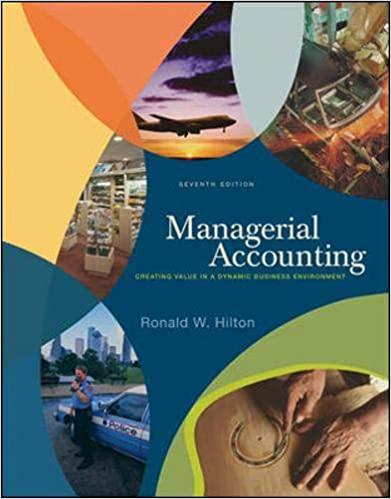Question
. , Mbewu Ltd. Mbewu Ltd (a registered VAT vendor) is a company based in Alberton. Its main business is in the manufacturing industry. The
. , Mbewu Ltd. Mbewu Ltd (a registered VAT vendor) is a company based in Alberton. Its main business is in the manufacturing industry. The following are the issue presented concerning this client: Issue 1: New equipment Mbewu Ltd manufactures ovens for the domestic and industrial markets. On 2 December 2014, Mbewu Ltd purchased new equipment of R724 500(VAT included) to assist with the moulding of the range of ovens that it produces. The equipment was available for use on 5 December 2014 but was brought into use on 1 March 2015. The company also paid R17 250 delivery costs to AB Transport and R12 880 to a professional engineer for advice on installation (all amounts including VAT) on December 2. While the equipment was being assembled one of Mbewu's employees damaged the equipment, costing an additional R1 200 (Excluding VAT) for repairs. The repair did not require a replacement or renewal of a major part. Mbewu 's accounting policy was to measure equipment under the cost model. Depreciation is provided at 10% per annum on the straight-line method. The residual value at the date of acquisition was estimated to be R80 000. While preparing the financial statements for the year ended 28 February 2020, management were of the opinion that the equipment might be impaired and thus the following estimates were made for purposes of calculating the recoverable amount as at 28 February 2020. The fair value was R280 000 (there is an active market for this type of equipment at 28 February 2020) and the cost of dismantling and removing the equipment was estimated at R25 000. The value in use was R270 000 calculated by an independent valuer. Issue 2: Delivery vehicle Mbewu Ltd purchased a delivery vehicle on the 1 May 2018 for R460 000 (including VAT) with a R30 000 residual value and it was estimated that the vehicle's useful life will be 350 000km. A total of 92 000km was travelled from the 2 May 2018 to 28 February 2019. On 1 March 2019, the management decided to review the residual value of the vehicle to R25 000. At the financial year-end 2020, the lock book of the vehicle shows that the delivery vehicle travelled for a total of 222 000km (including the km travelled during prior financial year). Issue 3: Leases of printers Mbewu Ltd entered into a lease contract with Intel Printers on 31 January 2018, to lease two giant printers and they were considered to be low value assets. The lease term was for four years with lease payments made at the end of every month. The agreement stated that the monthly lease payments will be R22 500 for the first 24 months and R18 000 for the remaining months. You may assume that all lease payments were made on time. Mbewu Ltd elected to account for this lease under the exemption criteria allowed in IFRS 16 Leases. Issue 4: Inventory On 15 November 2019, Mbewu Ltd bought steel from Stockal Ltd and received the invoice for R540 000 (10 000 units) (including VAT). Mbewu Ltd paid cash in order to make use of the 7% cash discount offered by the supplier. The steel was transported by rail for which Mbewu Ltd paid R35 000 (excluding VAT). Costs to insure the steel while in transit amounted to R1 000 (excluding VAT). On inspection of the steel by the foreman, it was found that 1 000 units to the value of R54 000 were damaged. Following negotiations with Stockal Ltd, it was agreed that these steel units will be returned to the supplier. It may be assumed that the steel will be used to generate taxable supplies. Issue 5: Prepaid expense Whilst preparing the annual rental reconciliation, Mr Mokoko found that the bookkeeper had recognized all rentals paid as expense, including an amount of R30 000, paid to Brima Ltd for the 3 premise situated in Vanderbijlpark - SE7 where Mbewu Ltd sale its product, in respect for the rental for March and April 2020. Mr Mokoko was unsure whether the way the bookkeeper recognized this transaction was correct as the financial statements will be used for obtaining a loan from the bank to build new shops. The company wanted to make sure that the financial statement is well prepared to secure the loan. Accounting policies Equipment and Delivery vehicles are measured using the cost model, in terms of IAS 16. Depreciation is provided for on the straight-line method over the useful life. The company use VAT at the standard rate of 15%.
Step by Step Solution
There are 3 Steps involved in it
Step: 1

Get Instant Access to Expert-Tailored Solutions
See step-by-step solutions with expert insights and AI powered tools for academic success
Step: 2

Step: 3

Ace Your Homework with AI
Get the answers you need in no time with our AI-driven, step-by-step assistance
Get Started


